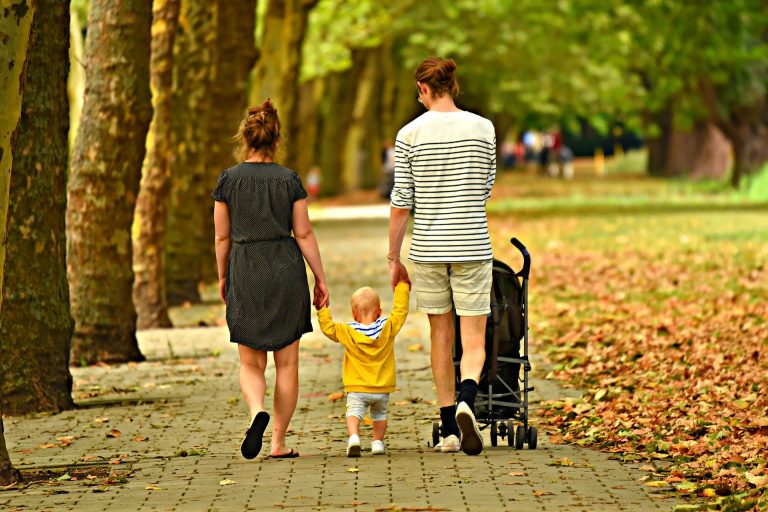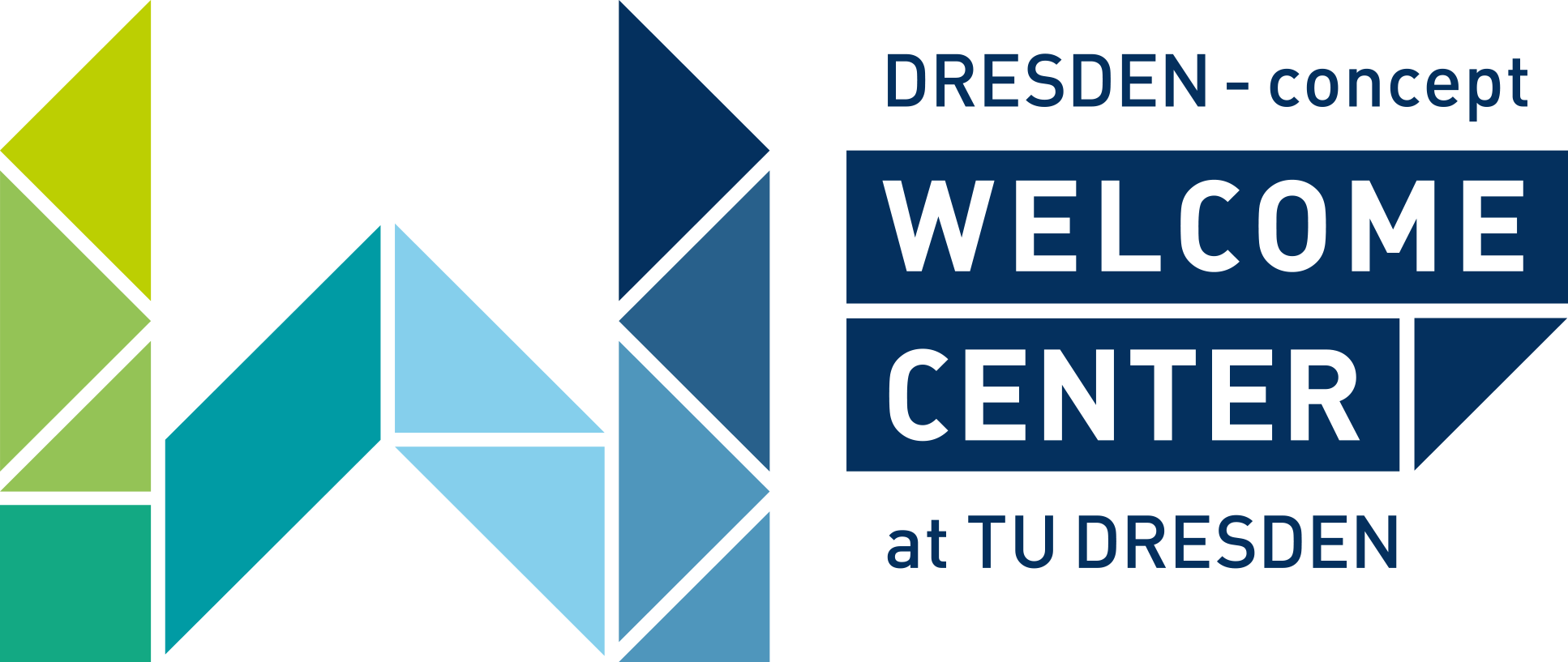Every working parent who has registered dependent children and pays income tax is automatically entitled to child relief in the form of tax breaks on income from employment. Apart from this generally available benefit, parents may also be eligible for child benfit or parental allowance under certain circumstances.
For a general overview of the various types of government family support available, please check the website of the “Familienportal”.
For holders of residence permits: As a rule of thumb, only support given regardless of income will not harm your residence status.
-
Child benefit – Kindergeld
Germany supports parents by providing a child benefit payment until the child’s 18th birthday. If the child takes up a place on a vocational training or a course of studies, this entitlement extends to the child’s 25th birthday at maximum. The monthly child benefit rate is 219 euros each for the first and second children, 225 euros for the third and 250 euros for each additional child. Under certain circumstances, child benefit can also be paid for children who are foreign nationals:
– Citizens of the European Union (EU), the European Economic Area (EEA) or of Switzerland if their place of residence or the place where they usually stay is located in Germany and who are entitled to freedom of movement.
– Persons, who live in another country and who are either wholly liable to pay tax in Germany or who are treated accordingly.
– Foreign nationals in possession of a valid settlement permit. Certain other resident permits may also entitle to child benefit.
-
Parental allowance – Elterngeld
Parental allowance provides support for parents who work less or not at all after the birth in order to care for their child. Parental allowance is available to every mother and father. While receiving parental allowance, you may work up to 30 hours per week. It is also possible to not work at all. You do not have to interrupt higher education or vocational training in order to receive parental allowance. You receive basic parental allowance for at least two months and up to your child’s first birthday. If you both draw parental allowance, you can receive it for 14 months in total. You are free to divide up these months between you.
Those eligible for parental allowance are parents holding:
– an EU/EEA or Swiss citizenship
– any other citizenship only if their residence is deemed probably permanent and if they have proper access to the labour market (i.e. unlimited eligibility for holders of a settlement permit; while holders of a residence permit are only eligible if they were or are allowed to work)
Parents holding a residence permit for the purpose of studying or in connection with a work permit for a specified maximum period are not eligible to receive parental allowance.
If considering parental leave (independent of using parental allowance), speak to your supervisor and talk to your employer’s HR department for the formalities.
-
Tax allowance for children – Kinderfreibetrag
A tax allowance for children is granted per child, either fully to a single parent or split between both parents, also depending on your tax classes. It may exempt a part of your income from taxes and thereby reduce your taxable income. The amount of tax allowance you are entitled to should be stated on your payslip and yearly certificate of wage tax deductions – elektronische Lohnsteuerbescheinigung. Inform your HR department of your resident children and childbirths.
-
Supplementary Child Allowance – Kinderzuschlag
The child supplement is paid to parents who would earn enough for just themselves, but whose income is not or is only barely enough to cover all the family’s needs. The child supplement amounts to a maximum of 205 euros per month per child. It is paid for each unmarried child under 25 years of age if the following conditions are met: You receive child benefit for the child concerned. Your income does not fall below a certain minimum income threshold.
For Non-EU citizens on a residence permit this may harm the residence status, because a residence permit is issued on the condition that you must have sufficient means throughout your stay to sustain yourself and your family financially. Therefore, we currently strongly discourage applications for Kinderzuschlag for residence permit holders.

